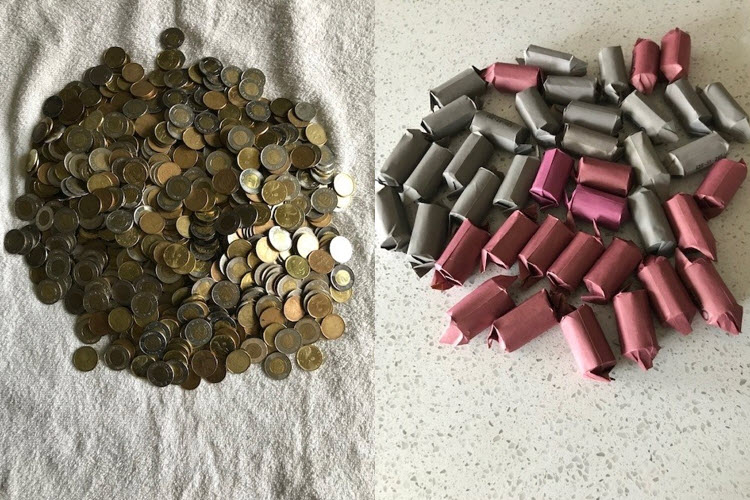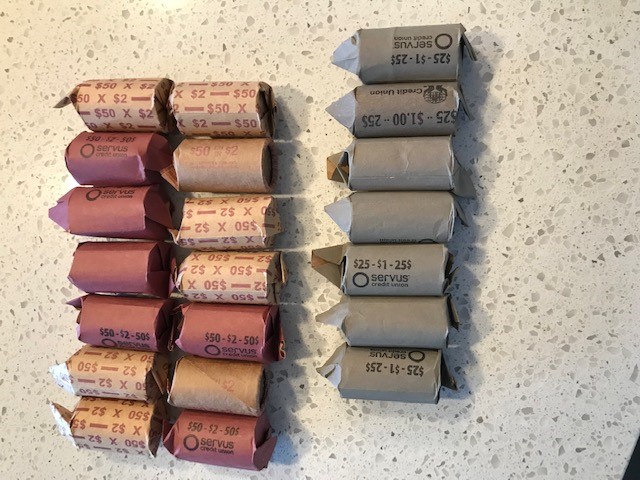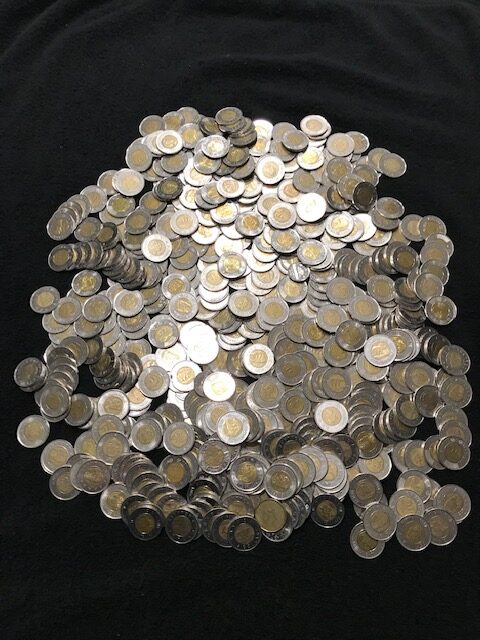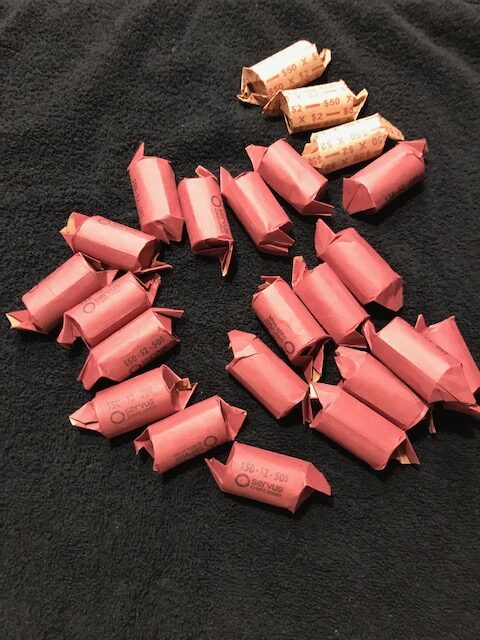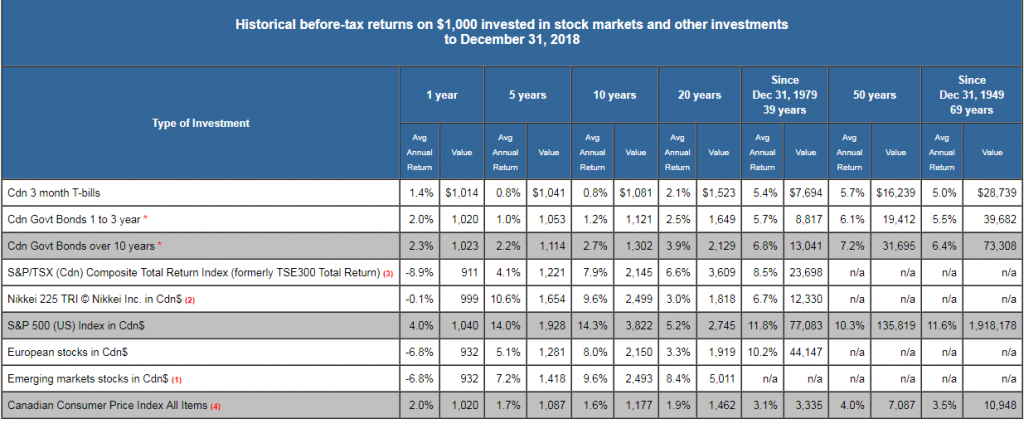While GIC rates are still pretty high, but dropping, it might be a good idea to consider what to do if you have any money under your mattress, too much in your checking account, or sitting in a bank savings account.
No, that wouldn’t and shouldn’t be investment money. That’s your retirement investment. But that definition is for any money you will not need or touch for over five years. The money you’re saving for a down-payment, a newer vehicle, home renovations, or other things is money you should not be investing as you’ll want access to it in less than five years.
The most effective way to have this money earn some returns is to ladder five GICs. Let’s use $10,000 as an example: Get five GICs for $2,000 each. A one year, two year, three year, four year and a five year one. That way you have access to a fifth of it every year. Right now, a five year GIC is still about 3.75% and a one year (if you look around) still gets you around 5%. Just make absolutely sure that you have it in writing that the maturing GIC does NOT automatically get renewed. No, them telling you doesn’t count. No, their comment that they “never auto renew” is a lie and doesn’t count. You need it in writing that the maturing GIC will be deposited into your checking or savings account. If it’s not in writing it does not count. On two previous occasions I’ve had to get a lawyer involved when GICs for a relative and acting as an executor were auto renewed and the bank attempted to tell me that I was out of luck. And that was WITH written instructions, dated and noted as to who it was given to!
Oh, and none of this matters or applies if you have a credit card balance! Hunting for an extra quarter percent return when you have a 20% credit card rate is crazy! See the Money Tools book chapter on credit cards: How to get a guaranteed 50% return (by paying off your cards).

